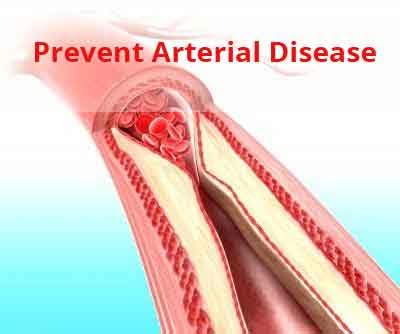- Home
- Editorial
- News
- Practice Guidelines
- Anesthesiology Guidelines
- Cancer Guidelines
- Cardiac Sciences Guidelines
- Critical Care Guidelines
- Dentistry Guidelines
- Dermatology Guidelines
- Diabetes and Endo Guidelines
- Diagnostics Guidelines
- ENT Guidelines
- Featured Practice Guidelines
- Gastroenterology Guidelines
- Geriatrics Guidelines
- Medicine Guidelines
- Nephrology Guidelines
- Neurosciences Guidelines
- Obs and Gynae Guidelines
- Ophthalmology Guidelines
- Orthopaedics Guidelines
- Paediatrics Guidelines
- Psychiatry Guidelines
- Pulmonology Guidelines
- Radiology Guidelines
- Surgery Guidelines
- Urology Guidelines
Leg movement while sitting may prevent arterial disease

New York : If you spend a lot of time in font of the computer or television, don't forget to move your legs every now and then. A new study has found that fidgeting while sitting can protect the blood vessels in legs and potentially help prevent arterial disease.
"We wanted to know whether a small amount of leg fidgeting could prevent a decline in leg vascular function caused by prolonged sitting,” said lead author of the study Jaume Padilla, Assistant Professor at the University of Missouri in Columbia.
"While we expected fidgeting to increase blood flow to the lower limbs, we were quite surprised to find this would be sufficient to prevent a decline in arterial function," Padilla noted.
During the study, the researchers compared the leg vascular function of 11 healthy young men and women before and after three hours of sitting.
While sitting, the participants were asked to fidget one leg intermittently, tapping one foot for one minute and then resting it for four minutes, while the other leg remained still throughout. On average, the participants moved their feet 250 times per minute.
The researchers then measured the blood flow of the popliteal an artery in the lower leg and found that the fidgeting leg had a significant increase in blood flow, as expected, while the stationary leg experienced a reduction in blood flow, showed the findings published in American Journal of Physiology Heart and Circulatory Physiology.
While only one leg was exposed to fidgeting during the experiment, in a real-world scenario the researchers recommend tapping both legs to maximise the beneficial effects.
However, the researchers cautioned that fidgeting is not a substitute for walking and exercise, which produce more overall cardiovascular benefits.
"You should attempt to break up sitting time as much as possible by standing or walking," Padilla said.

Disclaimer: This site is primarily intended for healthcare professionals. Any content/information on this website does not replace the advice of medical and/or health professionals and should not be construed as medical/diagnostic advice/endorsement or prescription. Use of this site is subject to our terms of use, privacy policy, advertisement policy. © 2020 Minerva Medical Treatment Pvt Ltd